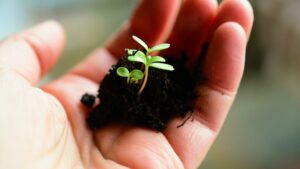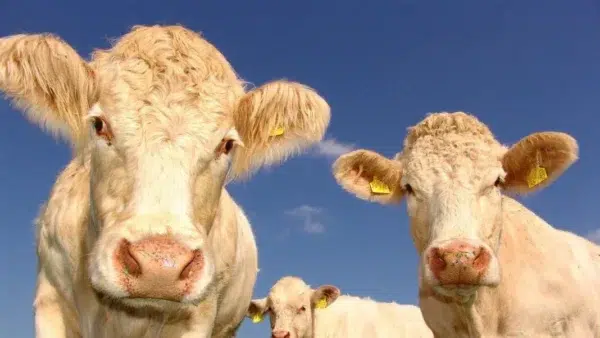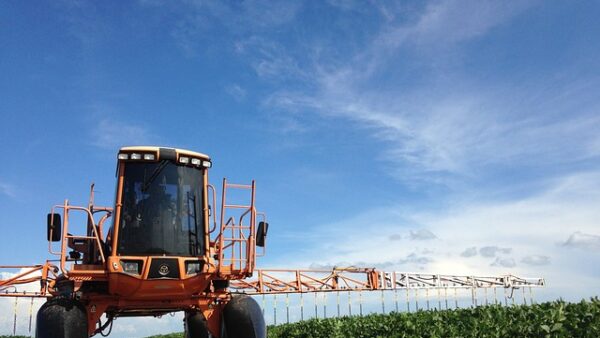Seeds: the basis of food security. That was the motto under which the third version of the National Seed Congress of Chile was held, a space that gathers the main stakeholders in the field in the country. After four years without meeting, the conference organized by the Chilean Seed Association (ANPROS A.G.) gathered more than 600 professionals, collaborators, government and agriculture and livestock service authorities, suppliers and academicians, among others.
On this occasion, emphasis was placed on the importance of maintaining the position that Chile has held, for many years, as the leading seed exporter in the southern hemisphere and on the task of providing food, ensuring quality and nutrition through seed and new varieties. All this, with a focus on sustainability, innovation and development. Likewise, the different challenges that the seed sector will have to face to achieve the food security of the future were raised, from the exponential growth of the population to the need for public policies that respond to the real industry landscape.
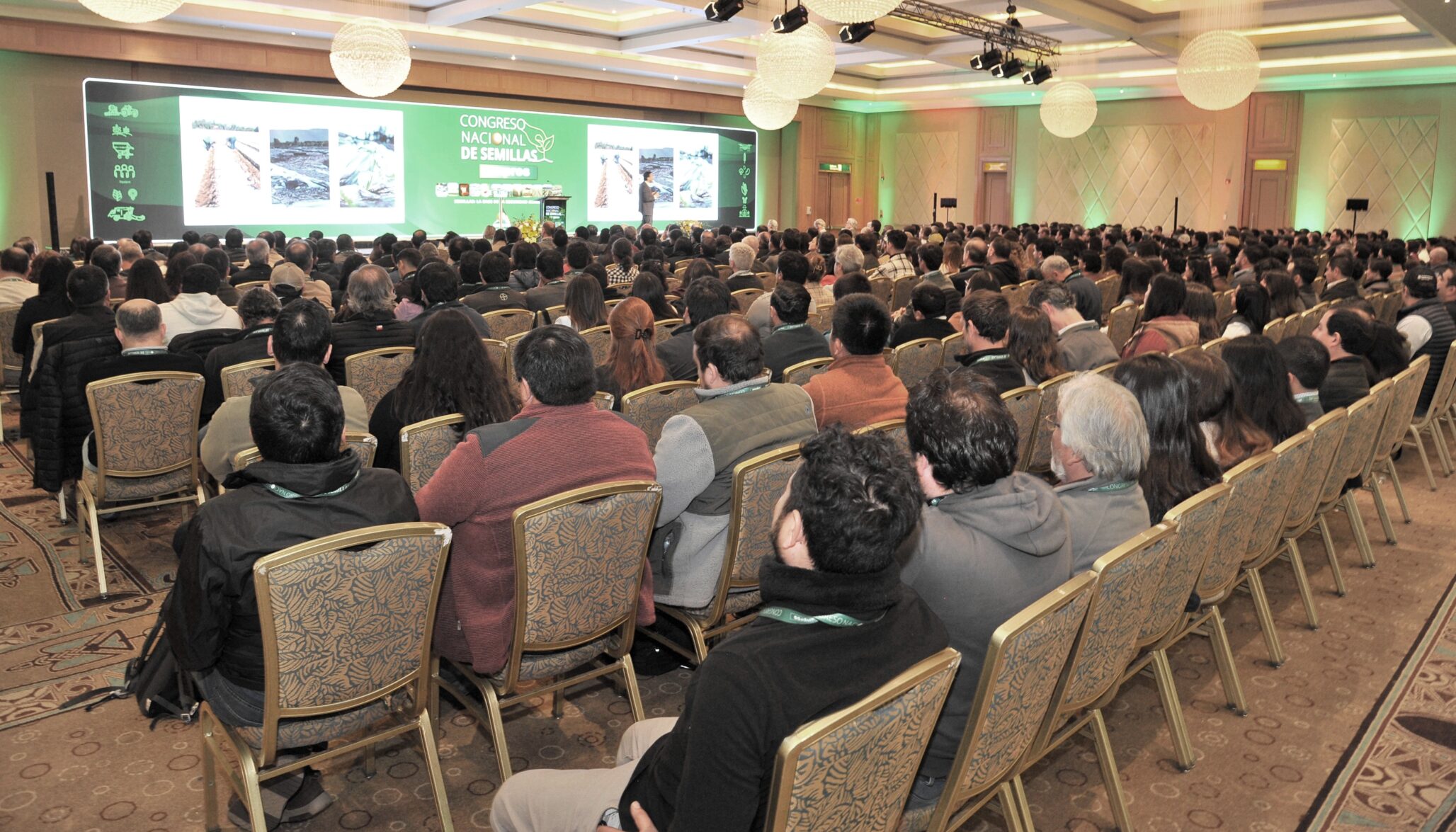
The president of ANPROS, José Ignacio Salazar, pointed out that one of the challenges that our country and the world must face is the exponential growth of the population. “By 2030 we will have two billion more people demanding food, so it is essential to focus on producing more with fewer resources, in order to guarantee food security for all, and the Chilean seed industry plays a fundamental role in this.”
Producing more with less is one of the bases of the Chilean seed industry, which is why ANPROS president stressed the fundamental role that innovation and development plays in achieving this goal, through the production of new varieties, which not only allow the supply chain to be secured, but also to ensure the supply chain, but also to maintain its nutritional intake. The head of ANPROS also stated that another major challenge for food production is climate change. “There are those who still doubt, or at least do not give the sense of urgency it deserves, to this reality that science warns us about,” Salazar warned, adding that “working with new varieties facilitates the resilience of the seed and, therefore, of the food in the face of catastrophes such as excessive rain or drought.”
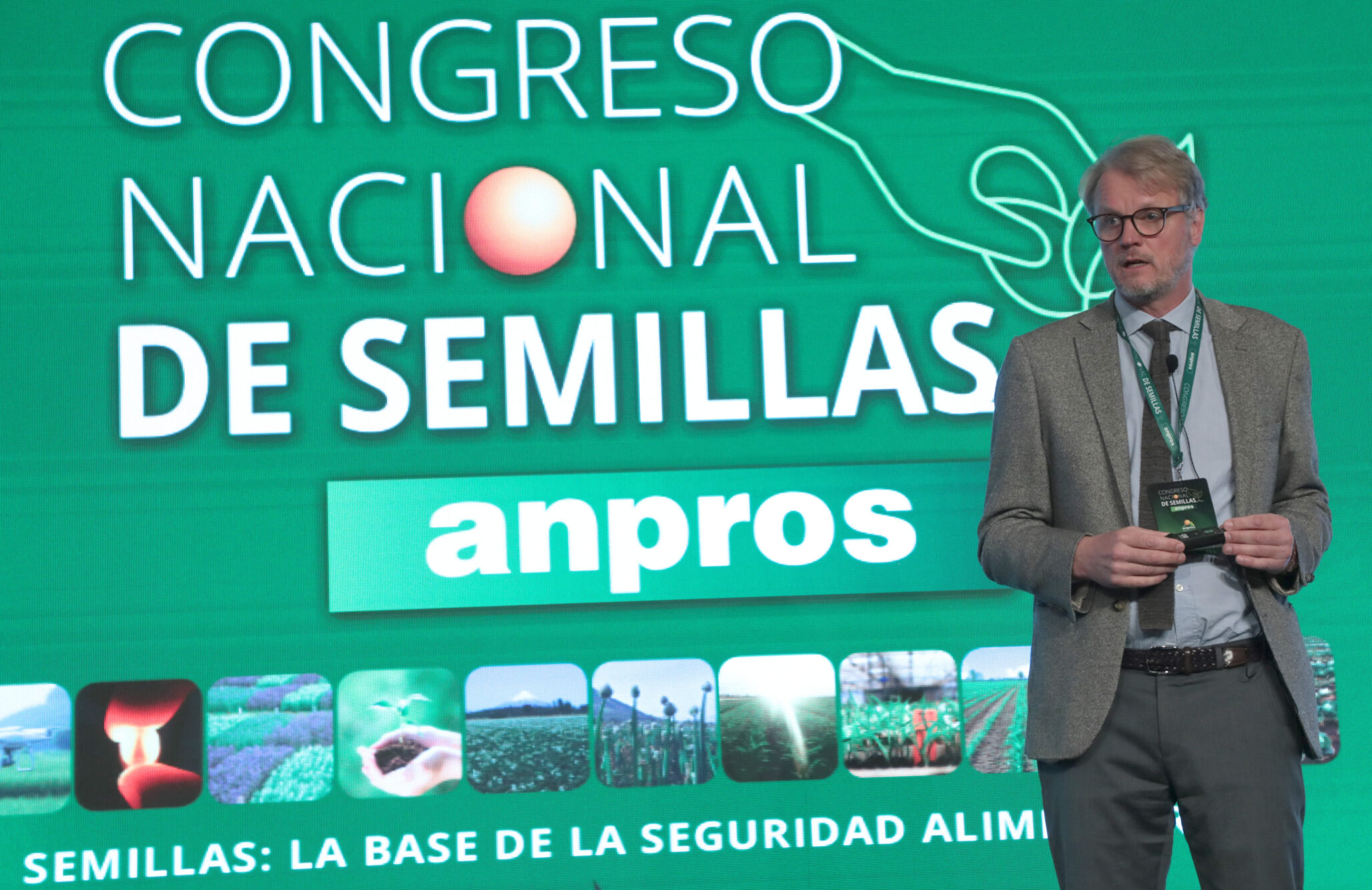
Equally, the secretary general of the International Seed Federation (ISF) and prominent speaker at the event, Michael Keller, pointed out that “the seed sector has a critical role to play” and that “our path to sustainability and seed resilience must be based on efficiency and innovation,” as the seed is always the first thing in the food chain.
Francisca Castillo, speaker and executive director of NeoCrop Technologies, indicated that traditional breeding has been a great contribution and that the new technologies associated with plant breeding are a modern tool, which allows to complement the successes of traditional breeding such as speed breeding, gene editing and others.
Innovation and development applied to the seed and agricultural sector not only helps to increase yields and combat climate change, but also to tackle diseases, which are increasingly present in different countries. In this sense, Bernardo Pollak, Multiplex Spa CEO and speaker at the event, said that “the healthiest crops start with healthy seeds”, and that pathogens threaten to decrease food productivity around the world on a daily basis. That is why, according to the expert, early prevention is essential through the development of mass detection techniques, in order to reduce risks and, in turn, avoid the damage caused by viruses and viroids, safe-guarding Chile’s phytosanitary heritage.
To the challenges posed, ANPROS executive director, Mario Schindler, added a third threat: “maintaining a modern regulatory framework, based on science, that can produce food security for the country and allow the development of our exports.” In this sense, he thanked the invaluable work carried out by the Agriculture and Livestock Service in the inspection and protection of the different regulations that frame the production of seeds and highlighted the permanent work carried out together with the seed sector to streamline processes in matters of import, export and many others.
On this point, the deputy and guest speaker Benjamín Moreno, precursor of the Bancada del Campo,— a conglomerate of deputies who came together with the aim of giving representation to the rural world, addressing agricultural issues in Congress and advancing in the different matters — stated that “public policies related to the seed sector have to be built hand in hand with the unions and that the State must contribute to the correct development of the agricultural sector through bills that promote and safeguard it.”





